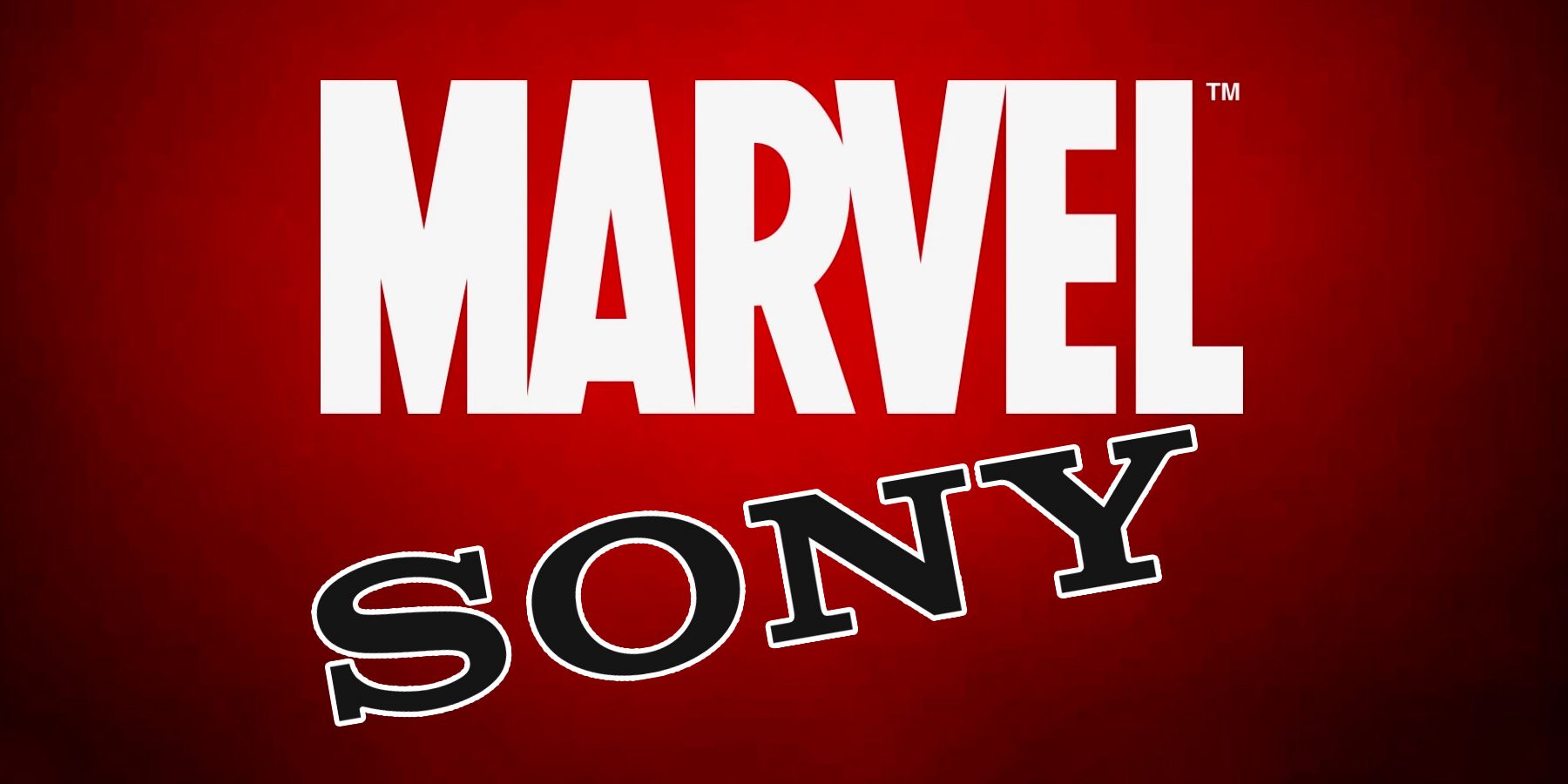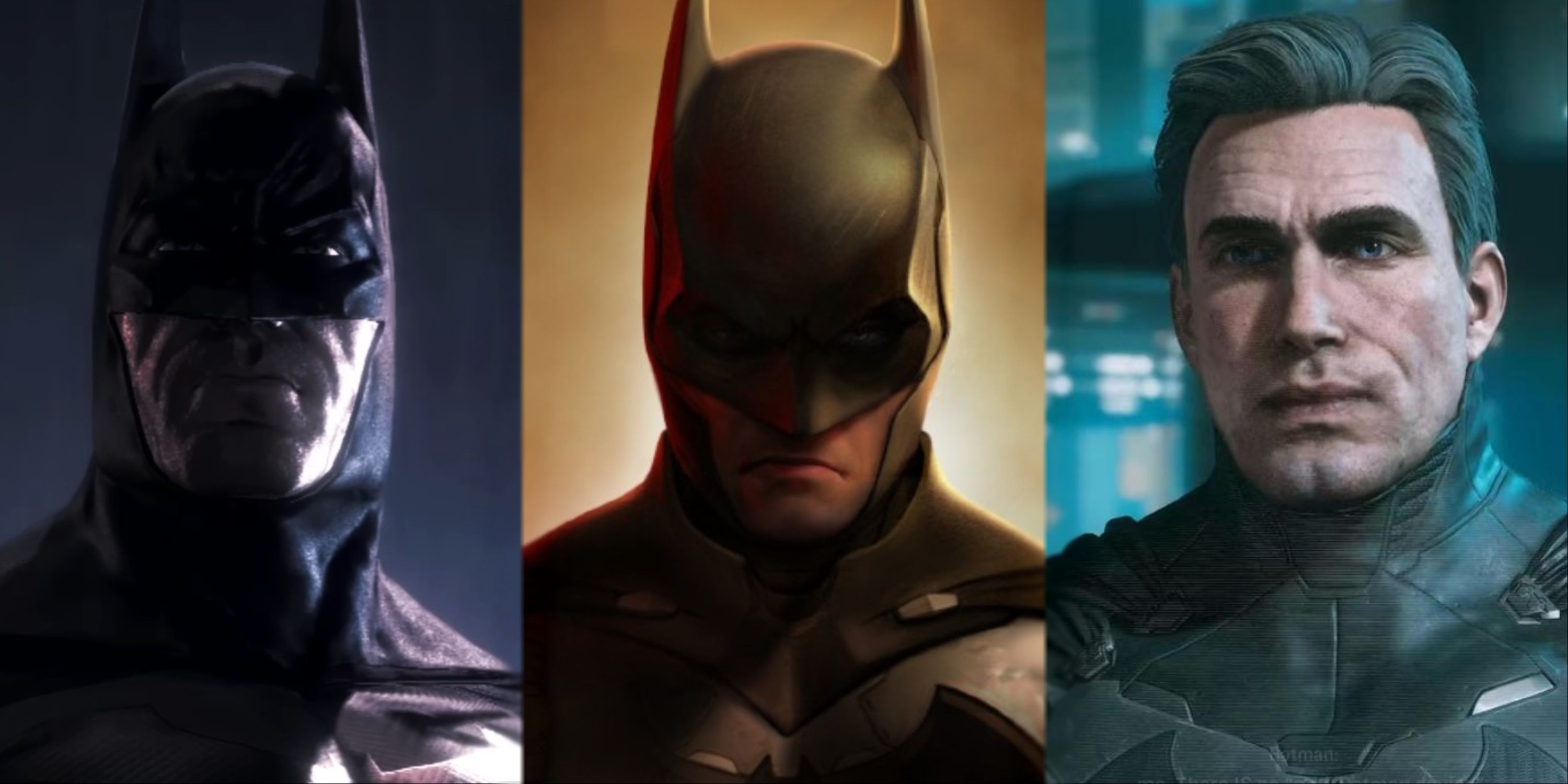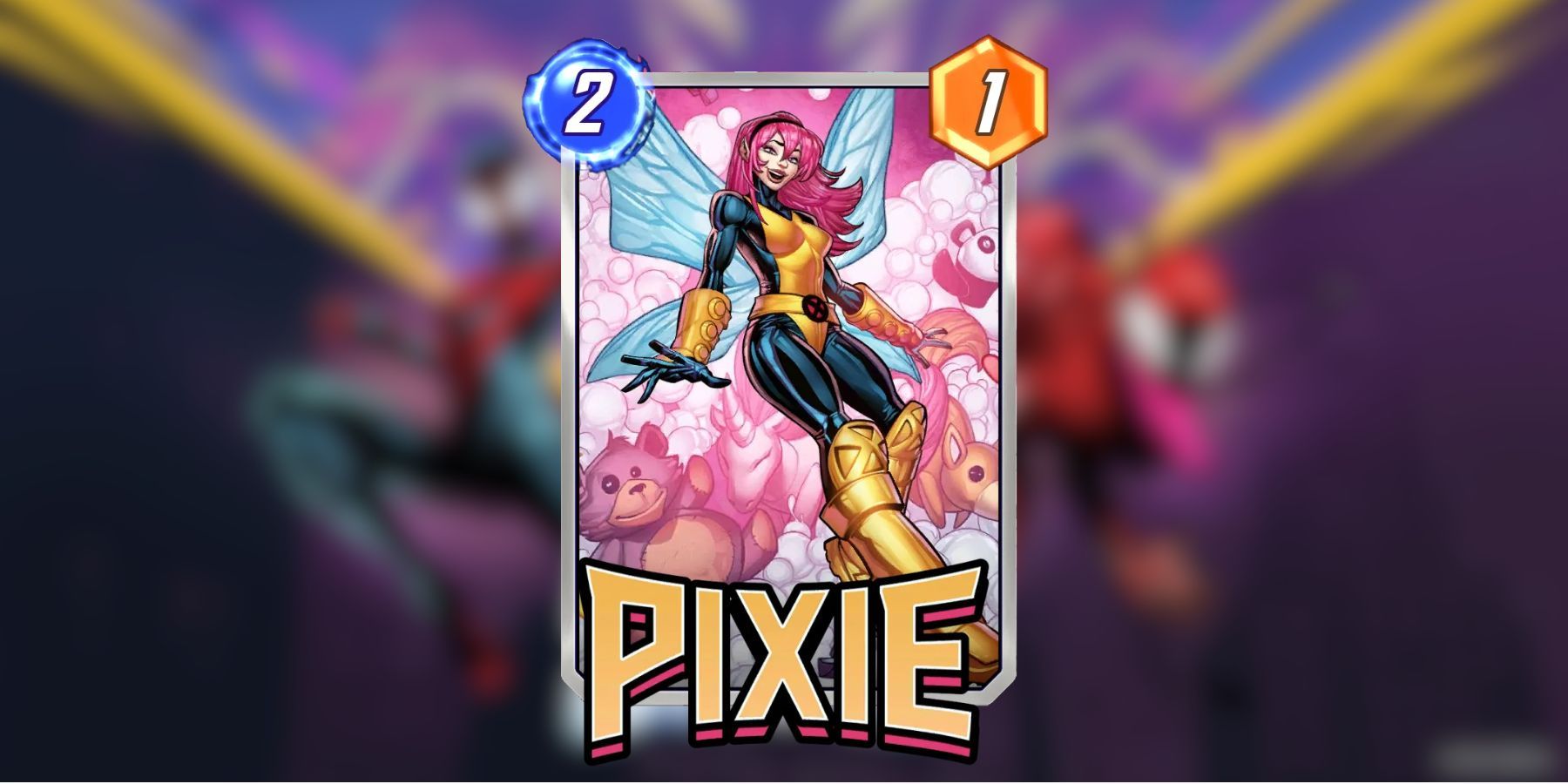Key Takeaways
- Recent rumors suggest a shake-up in the Disney-Sony Spider-Man deal, easing restrictions for villain crossovers.
- Sony’s revised agreement with Marvel requires informing about villain use, offering new MCU collaboration opportunities.
- Historical insight into Marvel-Sony partnership shows need for collaboration to revitalize Spider-Man franchise.
Spider-Man has been a staple in the MCU since 2016, following the revolutionary Disney/Marvel Studios-Sony partnership. Now, fresh rumors suggest a shake-up in the deal that could bring some intriguing twists to the web-slinger’s future.
Although Spider-Man has been a key figure in the MCU thanks to the Marvel-Sony collaboration, the latter has been simultaneously developing its own universe with spinoff films centered on Spider-Man’s rogues gallery, such as Venom and Kraven the Hunter. For years, fans have speculated about a crossover between the MCU and Sony’s Spider-Verse, hoping to see these villains battle Spider-Man on the big screen. Sony previously restricted how Marvel could use Spider-Man elements, complicating things for the MCU. However, recent reports indicate that Sony has eased some of these restrictions, opening the door for more villain crossovers between the two franchises.
A recent update from @TheGeekyCast has revealed new details about Spider-Man’s expanded role in the MCU, highlighting changes in the Disney-Sony partnership. According to the revised agreement, Sony must now inform Marvel Studios about which Spider-Man villains it plans to use in its non-MCU projects. Consequently, Marvel will be restricted from using these characters until at least 30 days after the Sony movie hits VOD. This arrangement could potentially allow Marvel to introduce characters like Venom or Kraven the Hunter into the MCU, possibly as new Variants, distinct from the versions seen in Sony’s Spiderverse, such as Aaron Taylor-Johnson’s portrayal of Kraven. Additionally, Sony must adhere to new guidelines, including a minimum budget of $75 million for any Marvel films it produces and a release in at least 2,000 U.S. theaters. This revamped deal suggests a mutually beneficial reconfiguration for both the MCU and Sony’s Spider-Man Universe, offering new opportunities for collaboration and storytelling.
Despite the success of Spider-Man films, the franchise’s most significant developments have occurred behind the scenes. In the 90s, Marvel aimed to expand its reach by licensing superhero characters to various Hollywood studios, effectively turning films into expensive commercials for their comics and merchandise. A pivotal deal was struck with Sony for Spider-Man, which initially yielded blockbuster hits with Tobey Maguire’s original trilogy. However, the reboot featuring Andrew Garfield, particularly The Amazing Spider-Man 2, fell short of expectations, both critically and commercially. Acknowledging their content limitations, Sony realized they needed a game-changing partnership with the Marvel Universe to revitalize the franchise. Former Sony executive Amy Pascal expressed concerns about the lack of viable storylines, stating, “I only have the Spidey universe… unless I partner with Marvel.” This led to a collaboration with Marvel Studios, bringing Tom Holland into the role and debuting him in Captain America: Civil War. His trilogy, starting with Spider-Man: Homecoming, and appearances in Avengers: Infinity War and Endgame solidified Spider-Man’s place within the MCU.
Even with the success of the MCU’s Spider-Man films, Sony continues expanding its Spider-Verse with live-action movies centered on lesser-known characters. While some films like Venom have thrived, others like Madame Web and Morbius have received mixed reviews or outright flopped. This raises the question: why does Sony, which has successful franchises with Tom Holland’s Spider-Man and the animated Spider-Verse, focus on these Spider-Man-less projects? The answer lies in a stipulation from the original deal that mandates Sony to produce a Spider-centric film approximately every five and a half years, and missing this deadline risks losing significant intellectual property. Recent discussions suggest that Marvel Studios and Sony are refining their collaboration, potentially paving the way for Spider-Man to have a larger role in future projects, including Spider-Man 4 and Avengers: Doomsday. As we anticipate Tom Holland’s Peter Parker finally encountering Tom Hardy’s Venom, fans hope this partnership will lead to even greater synergy between the two studios.
Source: TheGeekyCast|X








